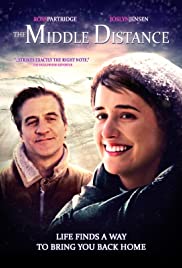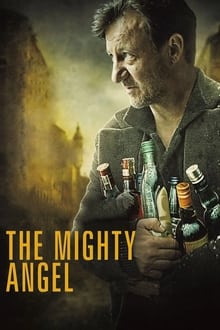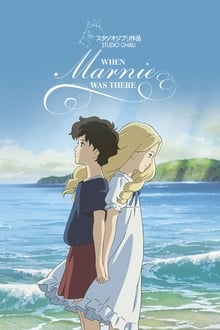
A crusading young reporter planning a series of articles about a corrupt politician is framed for a crime and sentenced to serve five years at a prison farm.
You May Also Like

Documentary filmmaker Genya Tachibana has tracked down the legendary actress Chiyoko Fujiwara, who mysteriously vanished at the height of her career. When he presents her with a key she had lost and thought was gone forever, the filmmaker could not have imagined that it would not only unlock the long-held secrets of Chiyoko’s life… but also his own.

The real-life story of eight Pakistani terrorists, who sail to Mumbai and wage war on the populace for the next 24 hours.

A young man of the rock and roll generation is in his senior year of high school. When one day he successfully gets on a popular teen dance television show he becomes a star. The plot follows him as he lives his new life in his new world. What he finds are adoring fans, jealous rivals, bitter friends left behind, and the girl of his dreams…his dance partner.


In the summer of 2001, 16-year-old Andoy searches for his long-lost father in the most unlikely of things — VHS tapes. His reality becomes mystified when two movie-like characters appear in their small hometown.

Compton’s first feature was the autobiographical Stranded, which she wrote, directed, starred in, self-financed and distributed. Released in 1965, the film shares the cinematic experimentation and stylish, youth-centric rebellion of the French New Wave made even more radical by its progressive portrayals of female independence and sexuality, beatnik culture, and discussions of homosexuality. Stranded follows Raina, a young American woman (played by Compton), traveling through Greece with her American lover (Gary Collins), and her French, gay, best friend (Gian Pietro Calasso). Raina partakes in several love affairs rejecting marriage offers for no other reason than she likes her life the way it is. Made just prior to the arrival of second wave feminism, Compton, as writer-director, never judges her on-screen alter-ego the way similar female characters were frequently punished in other films during this era by stigmatizing female sexuality.

Womanizing workaholic Neil returns to Michigan to reunite with his brother after their father dies. As they try to sell the family home, their interactions are as chilly as the frost-covered February landscape. But Neil’s facade thaws under the glow of his brother’s charismatic fiancée. Chicago writer-director Patrick Underwood crafts a big-hearted romantic melodrama about rebuilding.

A shocking story about addiction and attempts to overcome it. The script is based on Jerzy Plich’s excellent novel “The Mighty Angel” (alternative title: “The Strong Angel Inn”). Jerzy (Robert Więckiewicz) is a writer and a heavy drinker. We meet him at the point when he believes that he can beat his addiction. He falls in love with a young girl (Julia Kijowska) and finally feels that he has got the person and the reason to live for. But soon he yields to his addiction.

In a rural scenery in the throes of difficult changes lives a humble but promising young farmer girl called Mari Pataki. Her father forbids her from seeing the man she loves. The father, above all preoccupied by work on the fields and prospective wealth, decides to give his daughter in marriage to an old but rich man with whom he does business. Land marries land, he says. This seems to be the unyielding rule of the Hungarian peasantry. But the young lover is ready to stand up to any challenge to keep Maris love.

Upon being sent to live with relatives in the countryside due to an illness, an emotionally distant adolescent girl becomes obsessed with an abandoned mansion and infatuated with a girl who lives there – a girl who may or may not be real.